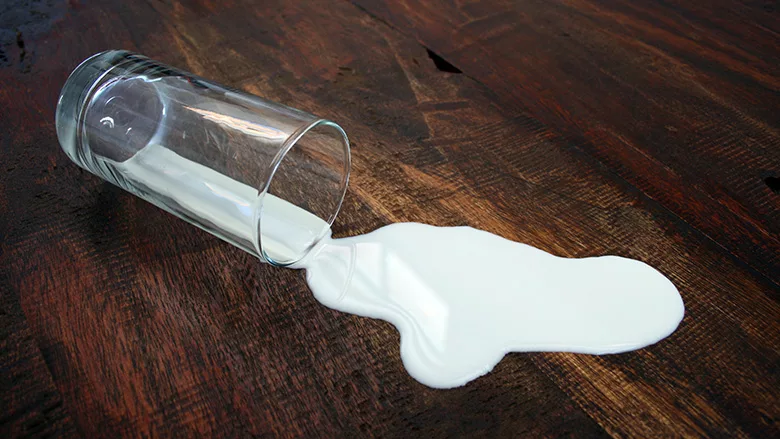Study: Food Recalls can Affect Online Brands More than Brick-And-Mortar Retailers

Credit: Marykan/iStock / Getty Images Plus via Getty Images
A recent study that was published in npj Science of Food investigates the spillover effects that food recalls have on consumer perceptions and confidence. The study is based on an experiment that was carried out in Beijing, China, where researchers designed various milk recall scenarios and asked consumers to respond to their assigned scenarios with a questionnaire. The results of the study indicate that food safety scares negatively and significantly impact consumers’ purchasing decisions, especially for e-commerce. The study’s findings also show that voluntary recalls by e-commerce retailers may restore online sales less effectively than for brick-and-mortar retailers.
The survey was conducted in January 2020 and collected 360 responses. The majority (59 percent) of participants reported making online purchases frequently, and 68 percent reported purchasing milk at least once a week. After being exposed to a milk recall scenario, participants were asked to respond to three questions:
- If you want to buy milk immediately, which brand of milk would you most likely choose?
- Are you willing to buy other products from the same brand in the coming month?
- Will you still buy milk from the recalled channel in the next three months?
Regarding milk brand choice, 8.06 percent of respondents answered they would choose to avoid buying milk of any brand, 83.61 percent said they would buy a brand of milk that had not been recalled, and 8.33 percent said they would continue to purchase the brand of milk that had been recalled. When asked if they would be willing to buy other, non-recalled products from the same brand in the coming month, one third of participants responded they would, and two thirds responded they would not. These findings confirm the negative impact that recalls can have on consumers’ purchase intent, and the caution consumers will exercise when purchasing from brands that have recently issued a recall.
Finally, survey respondents were asked to indicate the length of time that would have to pass before they would consider buying milk from the original channel (online or in-person) that had issued a milk recall. Of the survey participants, 43.61 percent answered it would take them at least three months to purchase milk from the original channel again, 12.78 said one to three months, 15.23 percent said within the next month, and 28.33 percent said within the next week. These findings indicate that food recall has an indirect influence on the original purchasing channel.
Overall, the study’s findings indicate that food recalls may not only cause consumers to lose trust in the recalled food product, but also other products from the same brand, and even the entire industry of the recalled product. While a recall negatively affects a brand by decreasing consumers’ purchase intent, a brand can restore more of its consumers’ purchase intent by voluntarily issuing a recall. However, voluntary recalls appear to have more of a restorative effect for brick-and-mortar retailers than online brands. The study suggests that online food retailers should make greater efforts to guarantee food safety and proactively take restorative actions after food safety incidents, such as issuing voluntary recalls.
Looking for quick answers on food safety topics?
Try Ask FSM, our new smart AI search tool.
Ask FSM →








